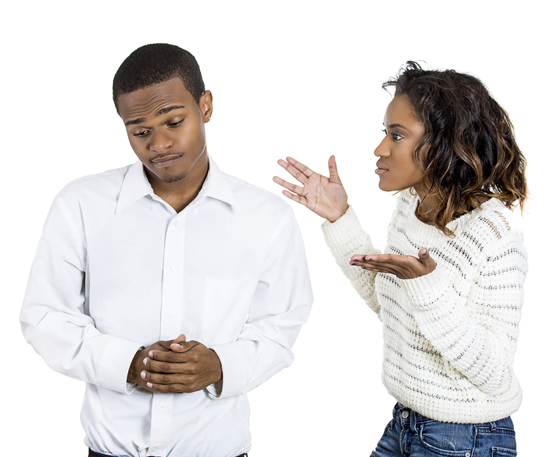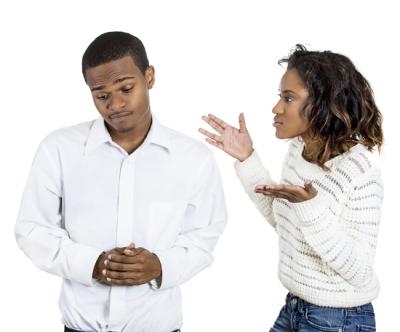
More than a third of women worldwide are victims of physical or sexual violence, according to a recent report by the World Health Organisation (WHO). As shocking as these statistics are, women are not the only victims of domestic abuse. In fact, more and more men are becoming victims of abuse at the hands of their partners.
What is abuse?
“It can be physical, emotional or psychological,” says Teboho Monyamane, a clinical psychologist in private practice in Morningside, Johannesburg. She explains that abuse is any kind of behaviour where one partner has power over the other, making that partner feel weak and helpless. “Abusive behaviour can include withholding affection, playing mind games, threatening to harm themselves, blaming the partner for the abuse, threatening to or actually taking the children away.
Why do some women become abusers?
- A combination of factors is to blame. In some instances, women turn to violence because of a communication failure with their partner. They feel they are not getting a proper response from their partner and they become frustrated. They don’t know how to handle the conflict situation and they resort to physical or verbal abuse.
- Generally people (men and women) become abusive because they feel inadequate in a relationship. Some women can’t handle not getting what they want and out of frustration they will yell or scream. When this doesn’t work, they will resort to treating the boyfriend or husband like a child, they’ll withhold physical intimacy and demean them, making them feel unworthy, attacking their dignity and manhood.
Are you abusive?
“You may not think you’re abusive, when in fact, you are. Here are some of the behaviours of abusive women:
- Hitting or throwing things at your partner.
- Becoming emotional by yelling and screaming. You may think you’re having an argument and expressing how you feel, but to your partner that’s abusive behaviour.
- Instilling fear in your partner by threatening to leave him, lying to him, withholding information, being controlling of, for example the finances and wanting to know where he is at all times.
- Threatening to take the children away, threatening to falsely accuse him of assault, playing mind games or stalking someone, especially when the relationship has ended. Putting up pictures of you together on Facebook and calling his current girlfriend, is a sign of instability.
- Making him feel guilty and using something as a tool to control him or make him feel less than a man.
- Words really hurt. Sometimes in arguments you say things you don’t really mean, but those things hurt, they stick and your partner will always remember it.
If you realise you’re an abuser, what can you do about it?
- Recognise that you’re an abuser and accept responsibility for your role in the abusive relationship.
- You may not know why you’re doing it, so it’s best to go for counselling or therapy to discover why you’re abusive.
- Sometimes you’re aware that you’re abusive, but it continues and you don’t know how to stop because certain patterns have taken years to form and it will take a while to unlearn.
- You may view this erratic behaviour as normal from observing your parent’s relationship and you don’t see it as a terrible thing. Your excuse may be that you are passionate and this is how you show that you care, but your partner may find it scary.





